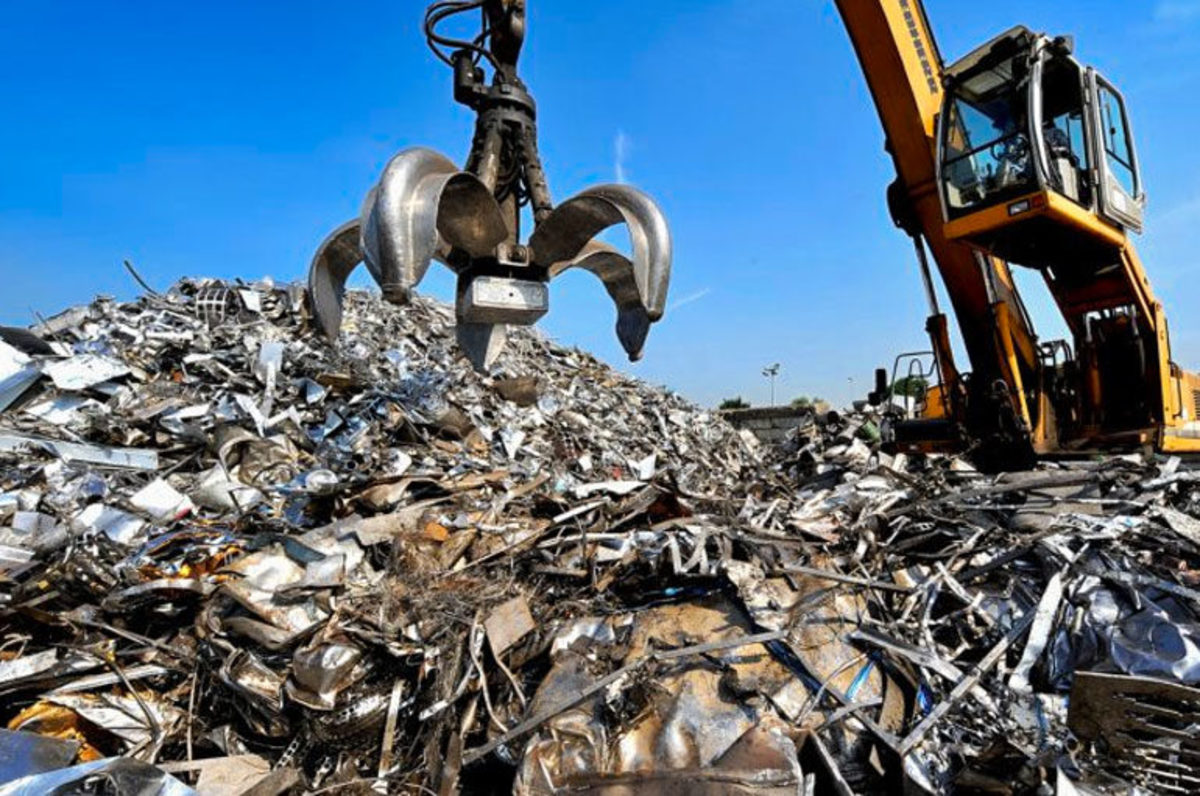How to Properly Prepare and Package Scrap Metals for Recycling
In a world where sustainability is paramount, recycling has become a crucial part of our daily lives. Among the materials that can be recycled, Scrap Metals stand out as a valuable resource waiting to be reclaimed. Whether you're a seasoned recycler or just starting out, knowing how to properly prepare and package scrap metals in Melbourne can make a significant difference.
Not only does it ensure you get the best return for your efforts, but it also contributes to reducing the demand for new raw materials. Let's dive into the world of Scrap Metals and unveil the secrets to maximising their potential through effective preparation and packaging.
Sorting for Success
Before you dive headfirst into preparing your scrap metals Melbourne, take a moment to sort them. Categorise them by type: ferrous (those containing iron, like steel) and non-ferrous (metals without iron, like aluminium, copper, and brass). This step is crucial because different types of metals have varying recycling processes and values. By sorting your materials, you'll not only streamline the recycling process but also ensure that you get the best return for your efforts.
Cleaning Matters
Imagine trying to sell a car covered in mud - it wouldn't fetch a good price, would it? Similarly, presenting clean scrap metals significantly increases their value. Remove any contaminants, like dirt, oil, or plastic attachments. A wire brush and some elbow grease can go a long way in enhancing the quality of your scrap metals. Remember, the cleaner the scrap, the more valuable it becomes.
Sizing it Right
Recycling centres often have specific size requirements for scrap metals. To save yourself time and ensure you get the most value, cut or break down larger pieces into sizes that meet the centre’s specifications. Investing in the right tools, such as a metal shear or a saw, can make this process much more efficient.

Safety First
Handling scrap metals can be physically demanding and potentially hazardous. Always prioritise safety by wearing appropriate protective gear, such as gloves, safety glasses, and sturdy footwear. Additionally, be mindful of sharp edges and take precautions to avoid injuries. By putting safety first, you not only protect yourself but also ensure the quality of the scrap metals remains intact.
Efficient Packaging for Optimal Returns
Proper packaging is the final step in ensuring your scrap metals are ready for recycling. Use sturdy containers or bins to store and transport the materials. Label them clearly with the type of metal they contain, and if possible, separate ferrous from non-ferrous metals. This makes it easier for recycling centres to process your materials efficiently, ultimately leading to smoother transaction and potentially higher returns.
Weighing and Categorizing Scrap Metals
Once you've sorted and cleaned your scrap metals, it's time to weigh and categorise them. Most recycling centres pay by weight, so having an accurate measurement is crucial. Separate the metals into different categories, like Steel Recycling in Melbourne, aluminium, and copper, and weigh them accordingly. This step helps streamline the recycling process and ensures you receive fair compensation for your efforts.
Conclusion
In conclusion, diving into the world of recycling Scrap Metals Melbourne is not only economically beneficial but also an environmentally responsible choice. By following these steps and paying special attention to Steel Recycling Melbourne, you're not just disposing of old materials - you're giving them a chance at a new life. So, gather your scrap metals, get them ready, and let's contribute to a more sustainable future, one metal at a time!
Comments
Post a Comment